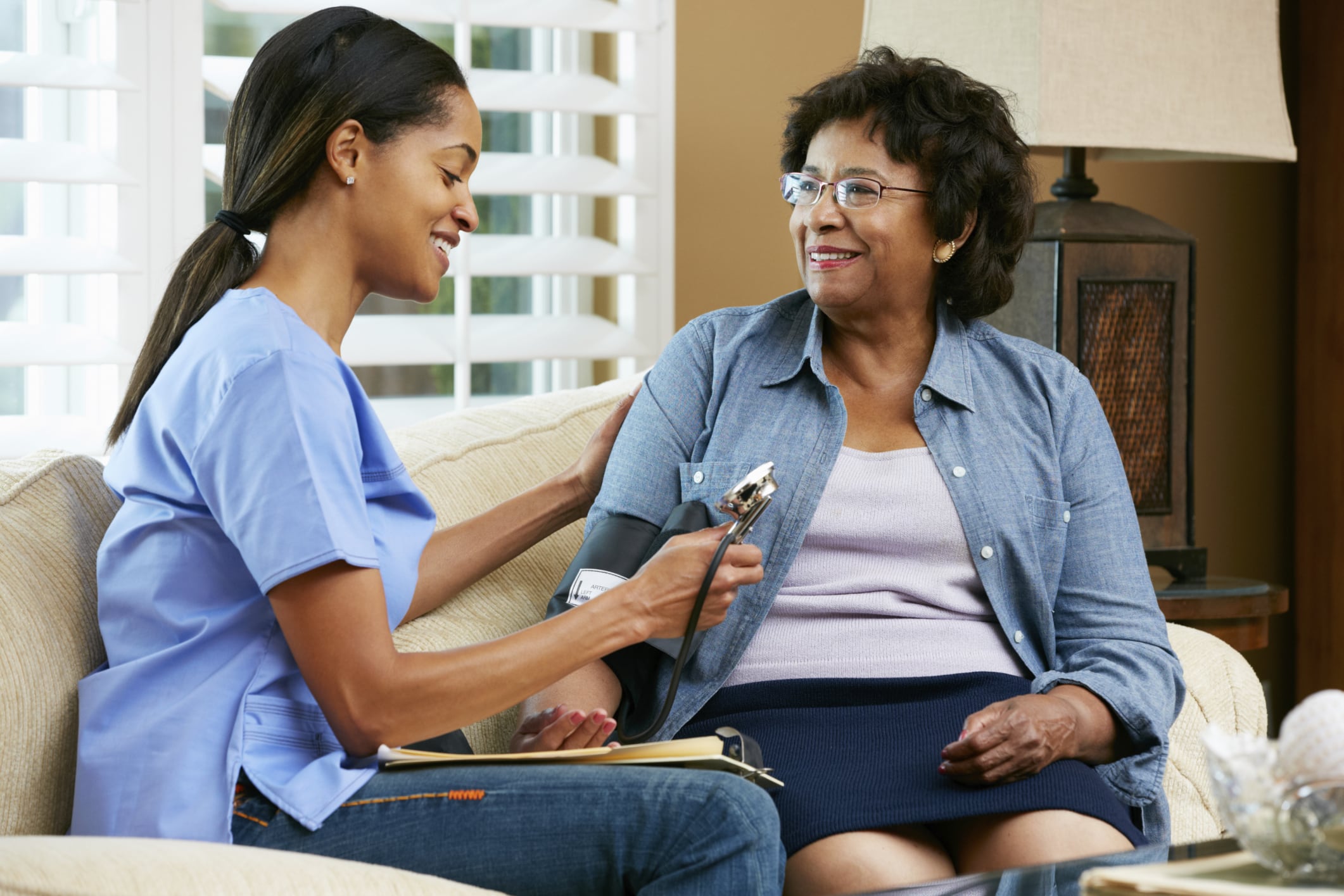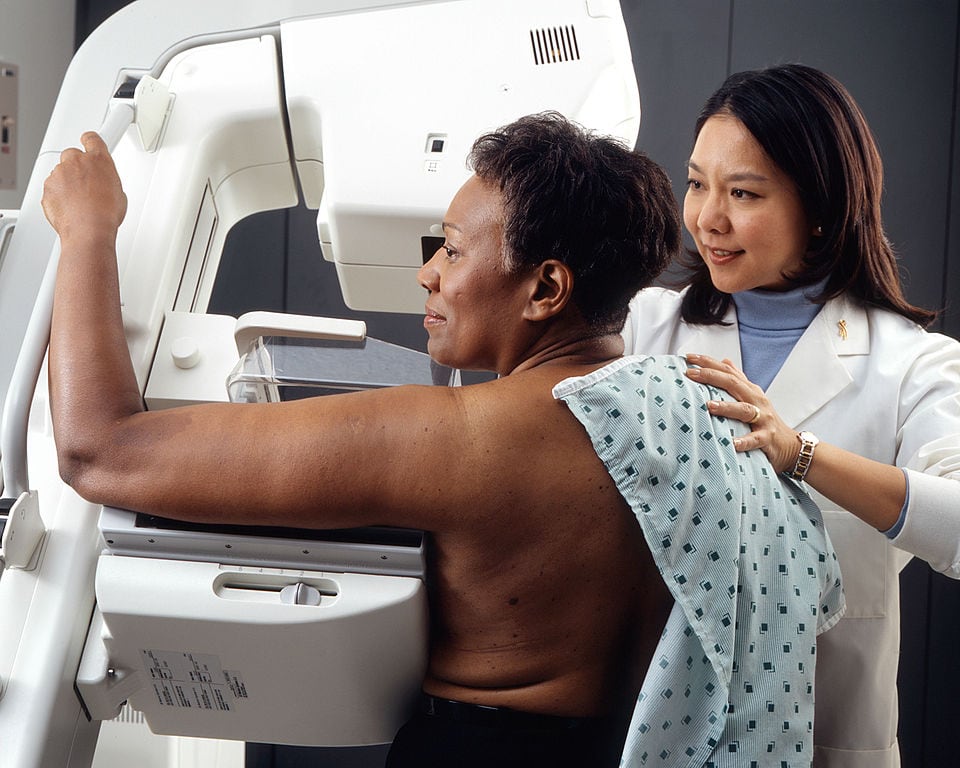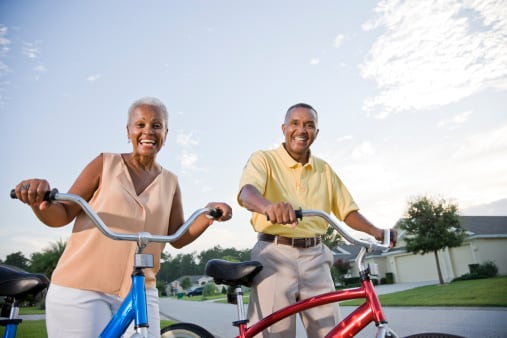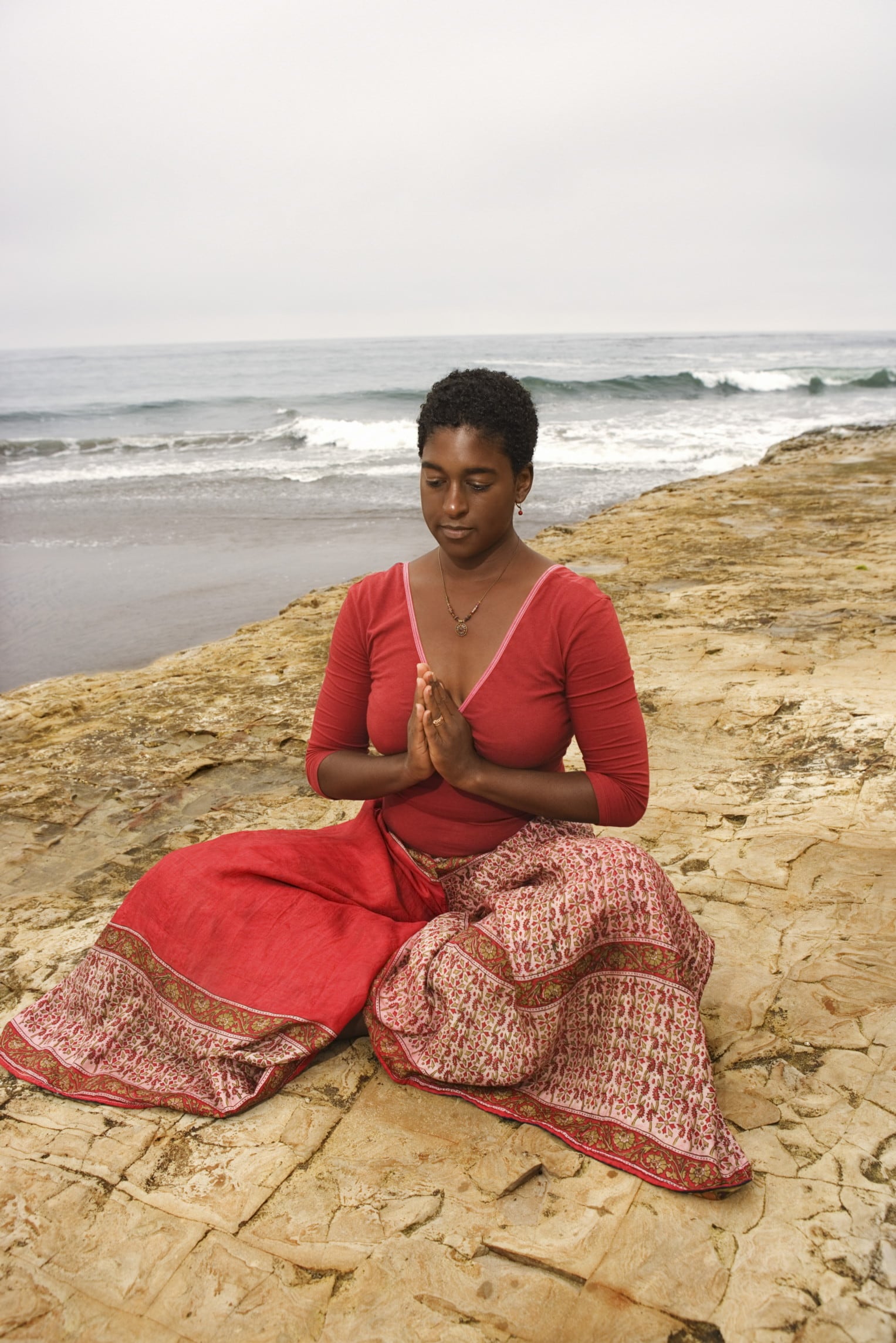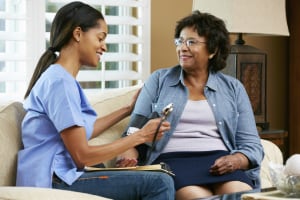
Under the Longevity Dividend Initiative, more people would lead longer, healthier lives. (ThinkStock/Getty Images)
People could lead longer, healthier lives if more research focused on the biology of aging rather than being split into disease silos, according to a group of medical experts.
The benefits of geroscience are “crystal clear,” said S. Jay Olshansky, Ph.D., a professor in the School of Public Health at the University of Illinois in Chicago.
“If you make more people healthier, you push more people beyond the age of 65,” Olshansky said. “If you make them healthier, the benefits are huge to the person and society.”
Olshansky and other supporters of the Longevity Dividend Initiative have outlined their findings in several publications and at such gatherings as the annual scientific conference of the Gerontological Society of America.
With more funding and research, they said geroscience could provide societal gains as significant as clean-water efforts or childhood vaccines that have eradicated deadly scourges of the past.
“This is a radical new age of aging,” said Gordon J. Lithgow, Ph.D., a professor at the Buck Institute for Research on Aging. “We can alter it at will in the lab, easily.”
John Rowe, M.D., a professor in the Mailman School of Public Health at Columbia University, also discussed what he described as the practical and social aspects of gerontological research.
“Aging is a public health issue as much as it is a medical health issue,” Rowe said. “We’re at risk of running over a cliff.”
Rowe attributes part of this risk to changing family dynamics with smaller families, more blended families as a result of divorce, and other factors that can impact caregiving ranging from physical distance to the unhealthy side of aging. “Some of the elders are so old that they’re children are also old,” Rowe said.
“The future American family is not going to be able to serve as a safety net,” he added. “How are we going to be able to compensate for these changes?”
Breaking down silos is one way to compensate for the changes by encouraging institutes and other relevant organizations to collaborate on addressing a host of diseases and issues, rather than attacking them one at a time in isolation.
“We could be facing a silver tsunami of age-related diseases,” said Dan Perry, president and CEO of the Alliance for Aging Research, “unless we find answers and a better understanding of aging to prevent, delay or modify these conditions.”
“Geoscience places aging at the center of all disease research,” Perry added. “There could be a tremendous benefit for our country and our world.”
Yanick Rice Lamb, co-founder of FierceforBlackWomen.com, teaches journalism at Howard University. She is the current John A. Hartford/MetLife Foundation Journalism in Aging & Health Fellow. She wrote this article with support from the fellowship, a project of New America Media and the Gerontological Society of America. She was also an Alzheimer’s Disease Fellow through the National Press Foundation.

